Lucy Barlow shares her interior design secrets
Lucy designs her schemes with a fearless and luxurious sense of print, pattern and colour.

Lucy Barlow set up Barlow & Barlow, the Holland Park interior design practice in September 2013 with her brother, Max, the studio’s in-house lighting designer.
The design duo quickly gained a reputation for creating spaces that are both fashionably elegant and fun, playfully reinventing the traditional English interior for a young and dynamic clientele.
See our news section for more exciting new launches
1. DON'T OVERTHINK
The biggest thing I witness is people overthinking their choices as if picking the wrong shade will ruin the house.
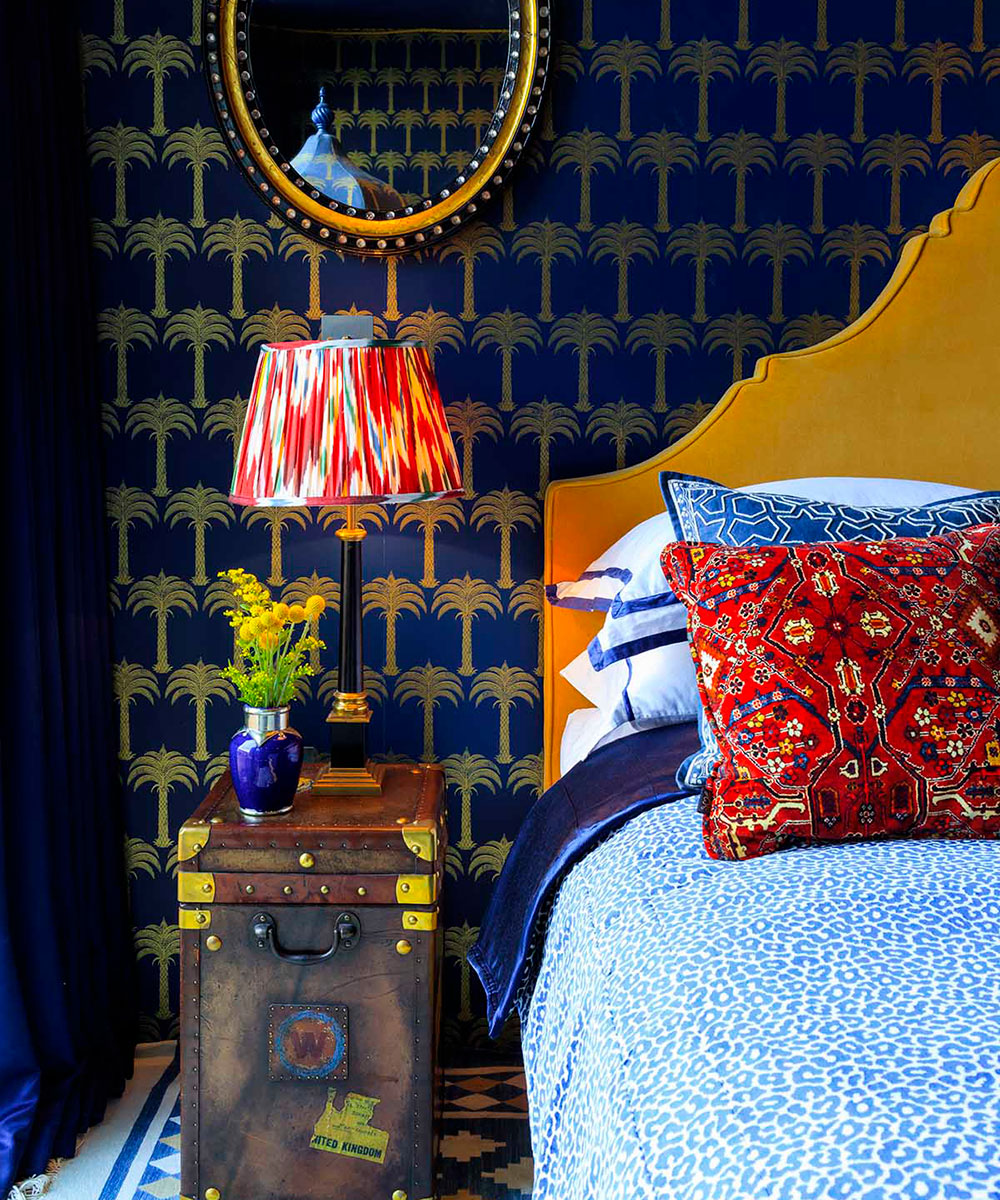
2. BUY WHAT YOU LOVE
If you surround yourself with colours, possessions, art, holiday mementoes etc that mean something to you or make you feel happiness your home will be your sanctuary.
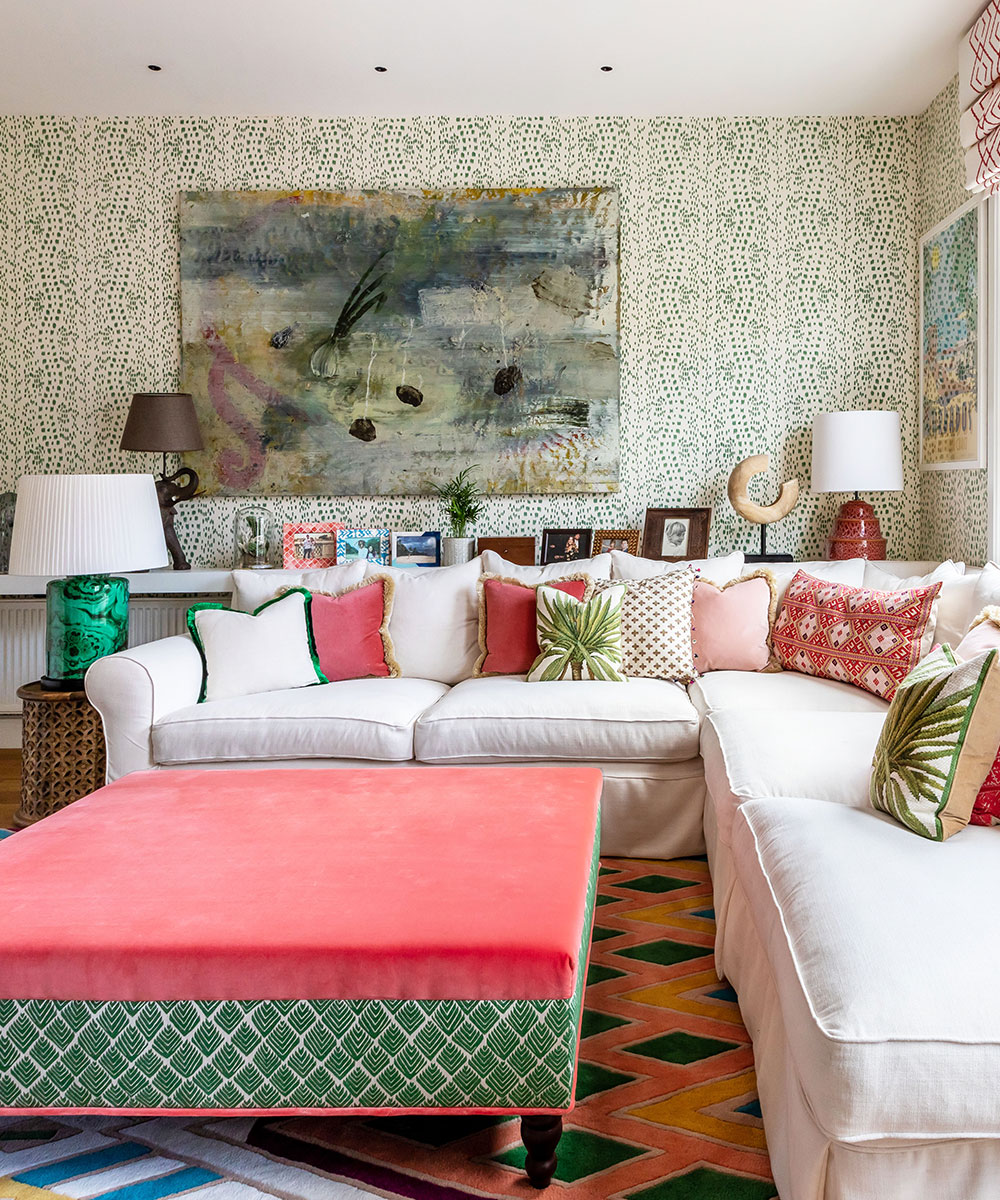
3. BE BRAVE
When faced with two choices people will unsurprisingly opt for the safer choice. Working with an interior designer you are encouraged to make choices that you wouldn’t necessarily make yourself and in the end our clients are always so thrilled.
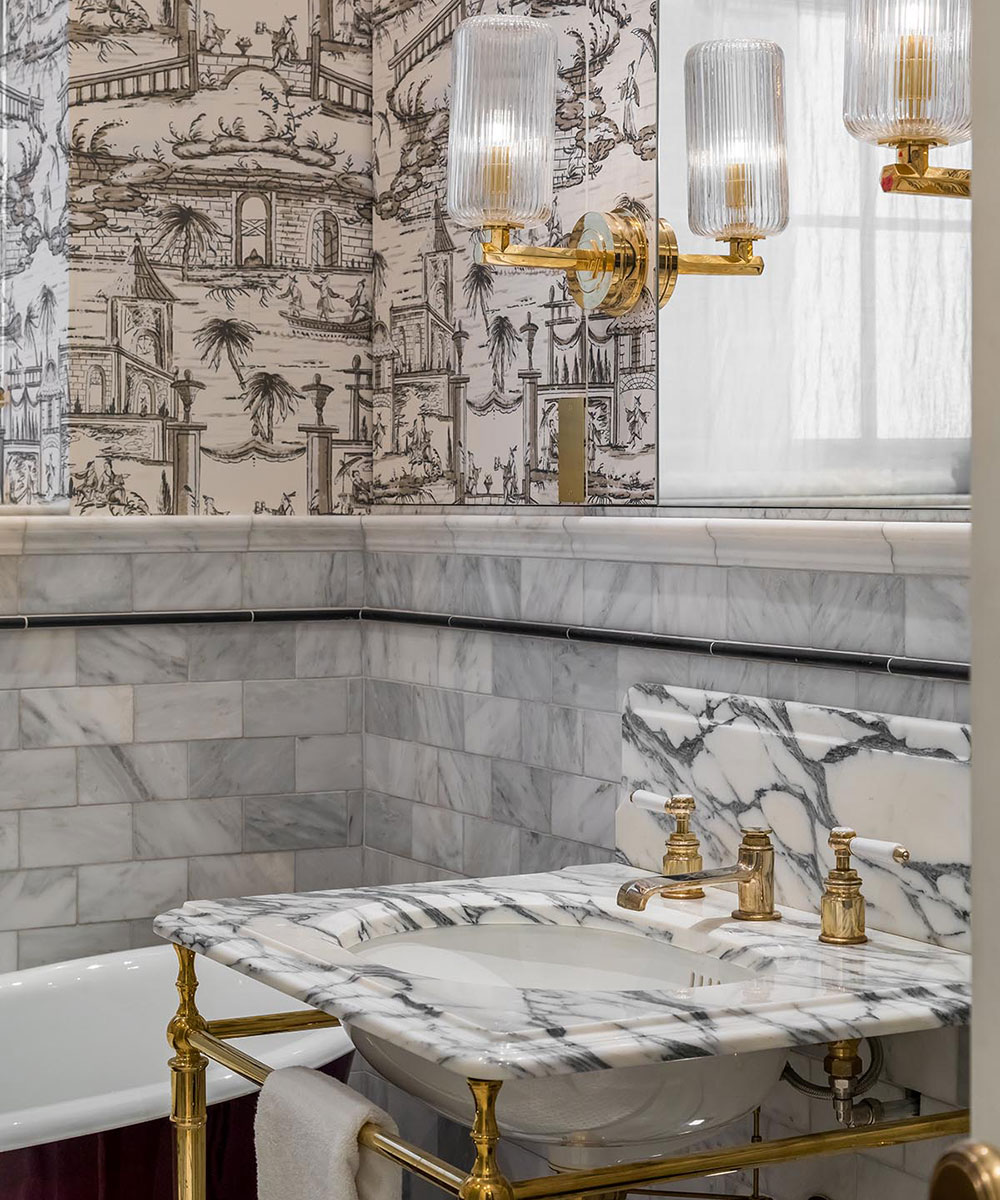
4. NO NEED TO MATCH
Too matchy, matchy makes spaces look like show-homes and lack character. Cleverly layered interiors are what set successful interiors apart. Colours and patterns that on first sight might not seemingly match can work brilliantly together in a wider scheme. You need to take a whole view of the space, Including the art, objects, cushions, upholstery, curtains etc.
Sign up to the Homes & Gardens newsletter
Design expertise in your inbox – from inspiring decorating ideas and beautiful celebrity homes to practical gardening advice and shopping round-ups.
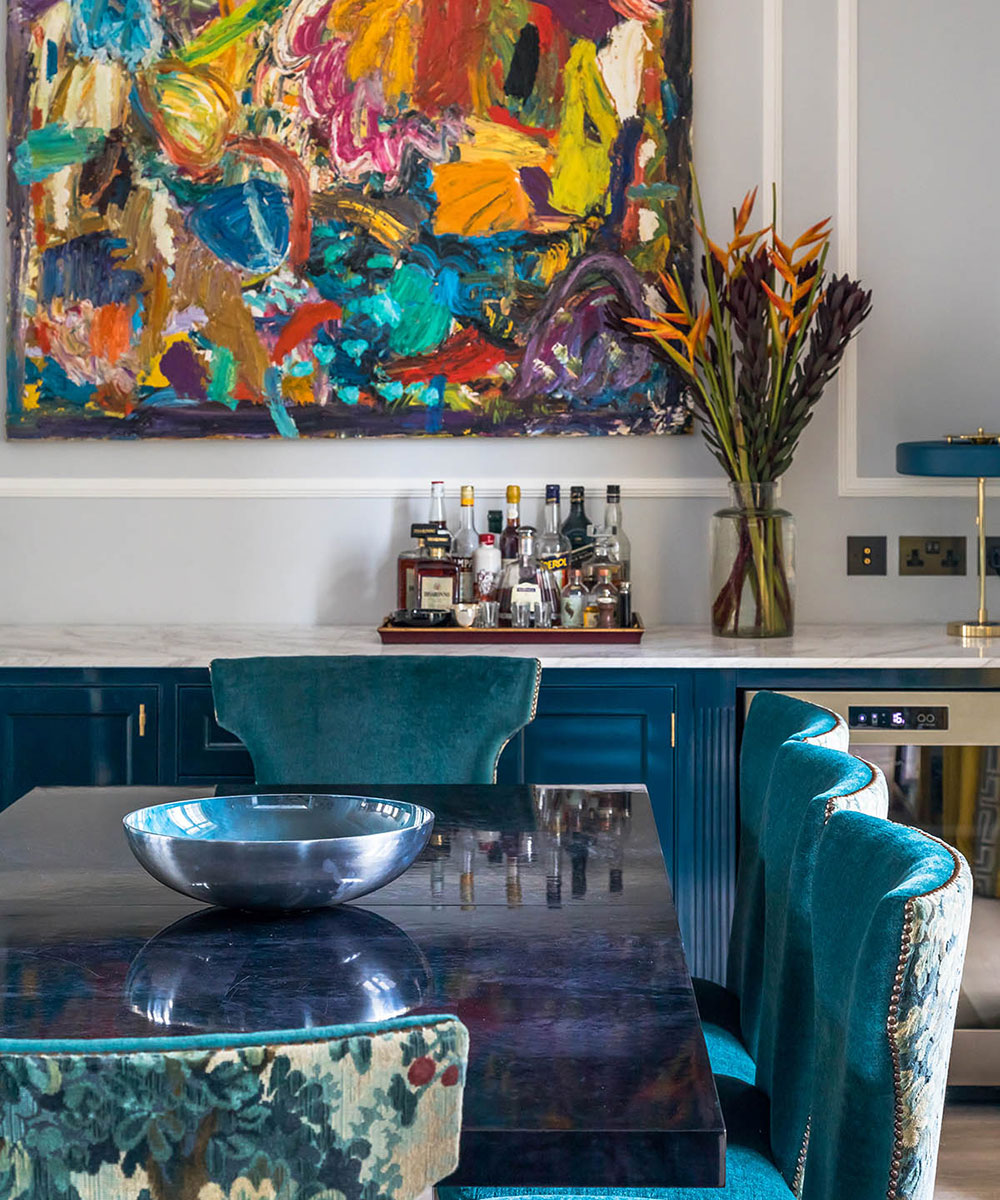
5. MIX THE OLD AND NEW
Antiques/vintage furniture add a patina/history/richness to interiors. Not only do they add character but they are sustainable and of much better quality than buying cheap(ish) modern furniture.
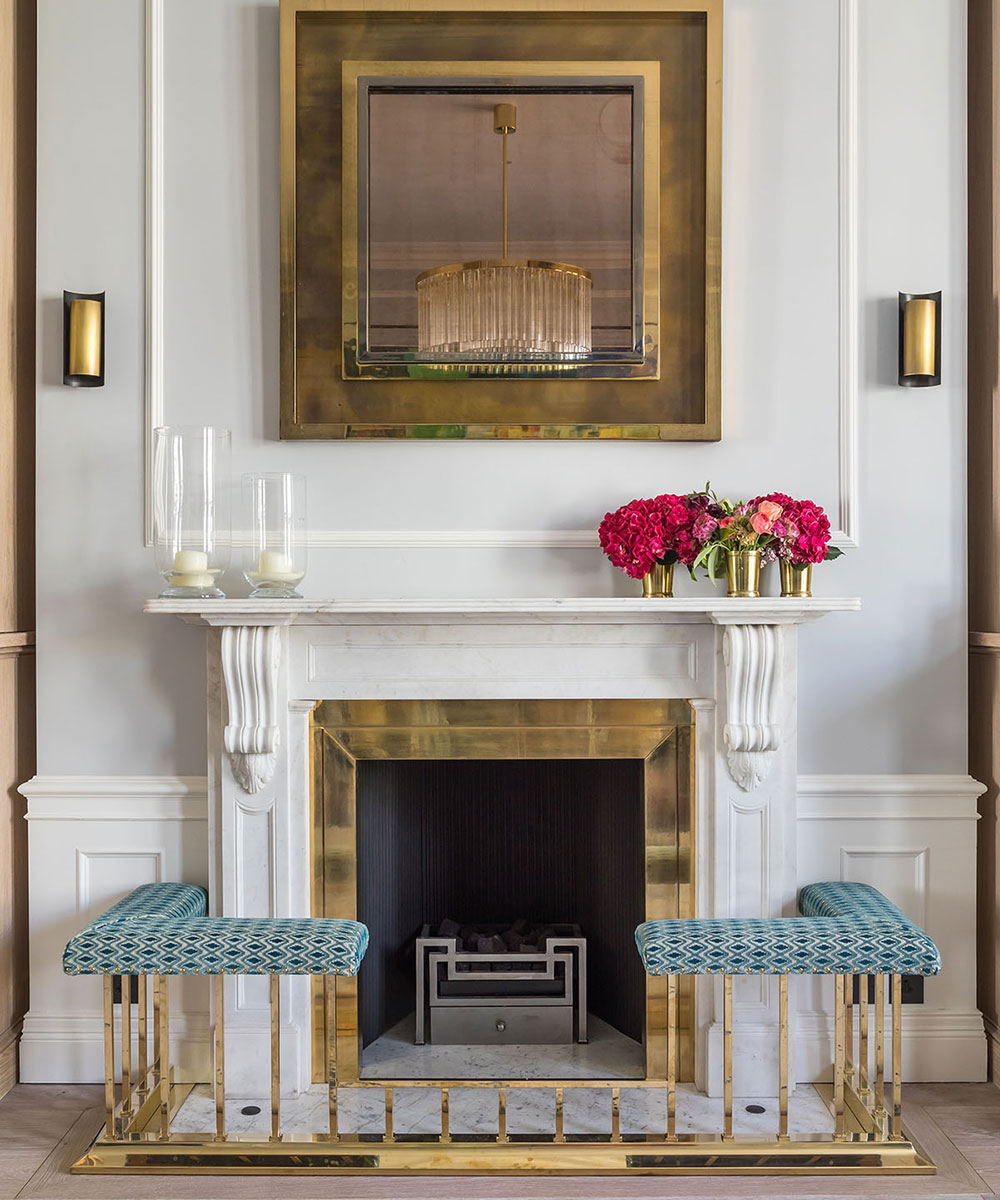
6. BE PATIENT
Spaces don’t need to all be finished at once. Successful spaces happen over time and are layers and layers of interesting things (fabrics, art, furniture) that evolve over time. An organicness to how you accumulate things leads to more thoughtful/rich/personal spaces. Buying too many things at once from similar shops, or that adhere to very specific trends, make for very showroom style space.
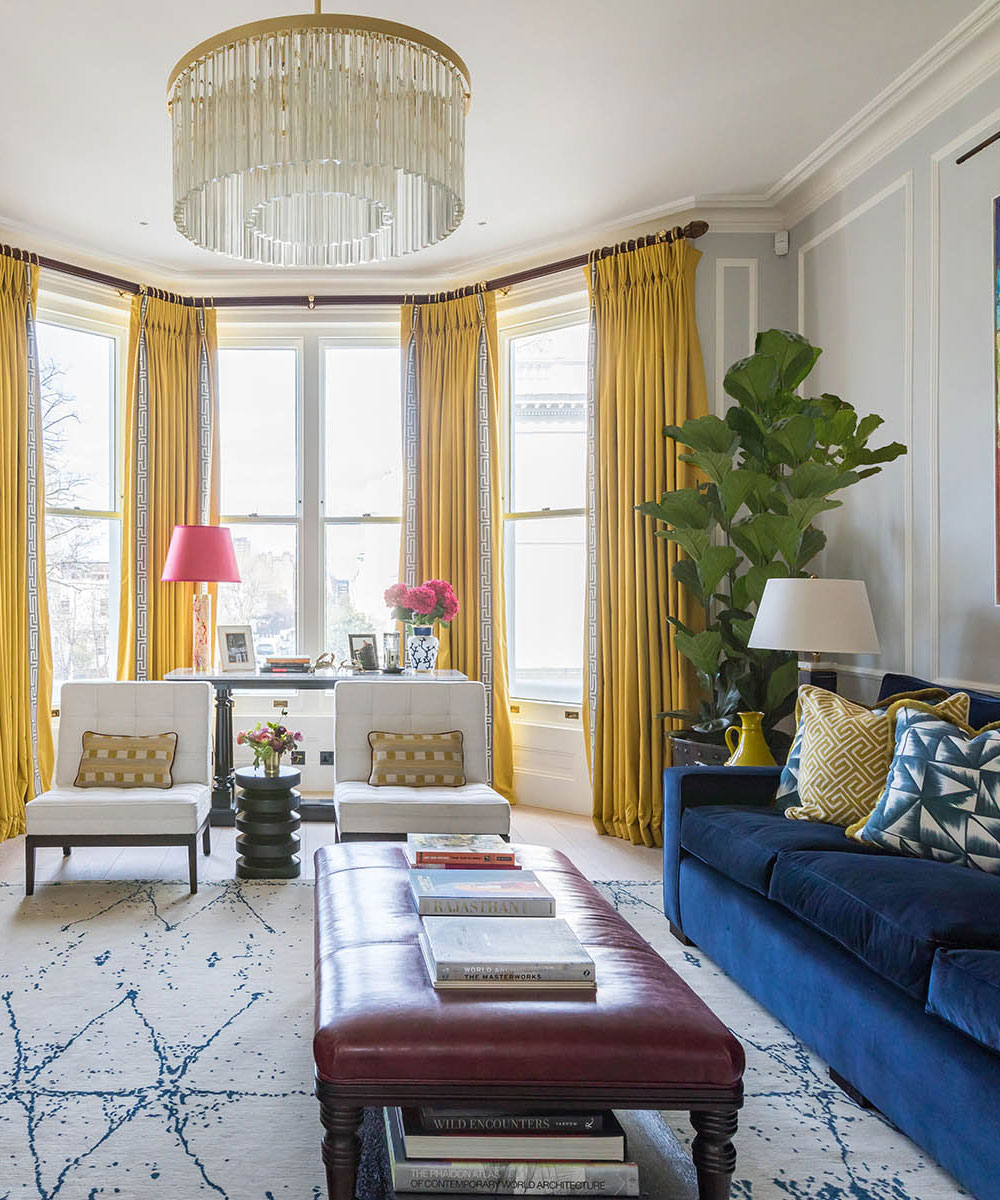
7. CREATE A COHESIVE SCHEME
Not that all rooms have to be in any way the same but jumping around too many contrasting styles will make for a confusing environment.
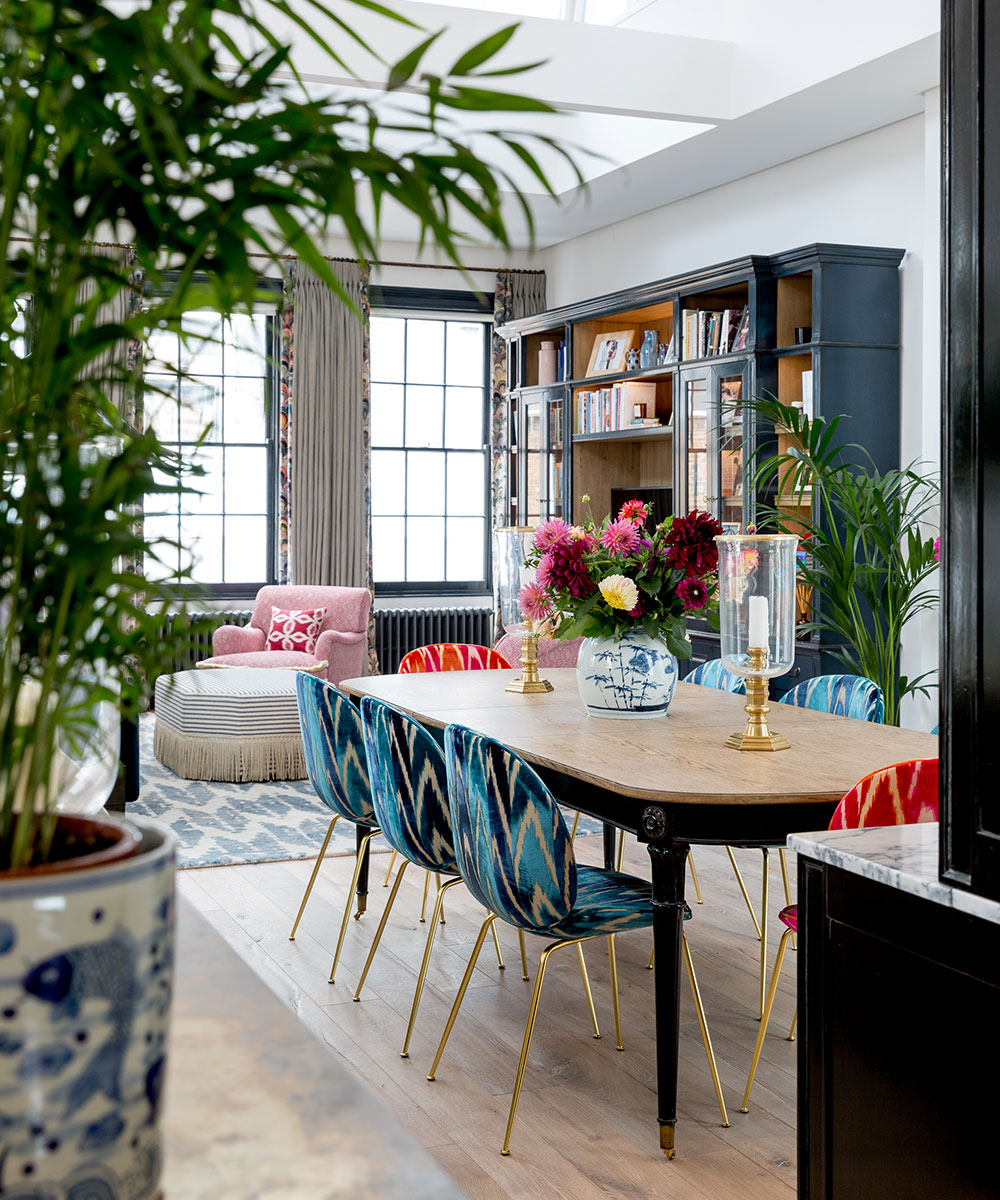
8. AVOID GIMMICKS
Gimmicks such as feature walls should be avoided. If you love a certain tile, wallpaper or paint colour, use it to your hearts content.
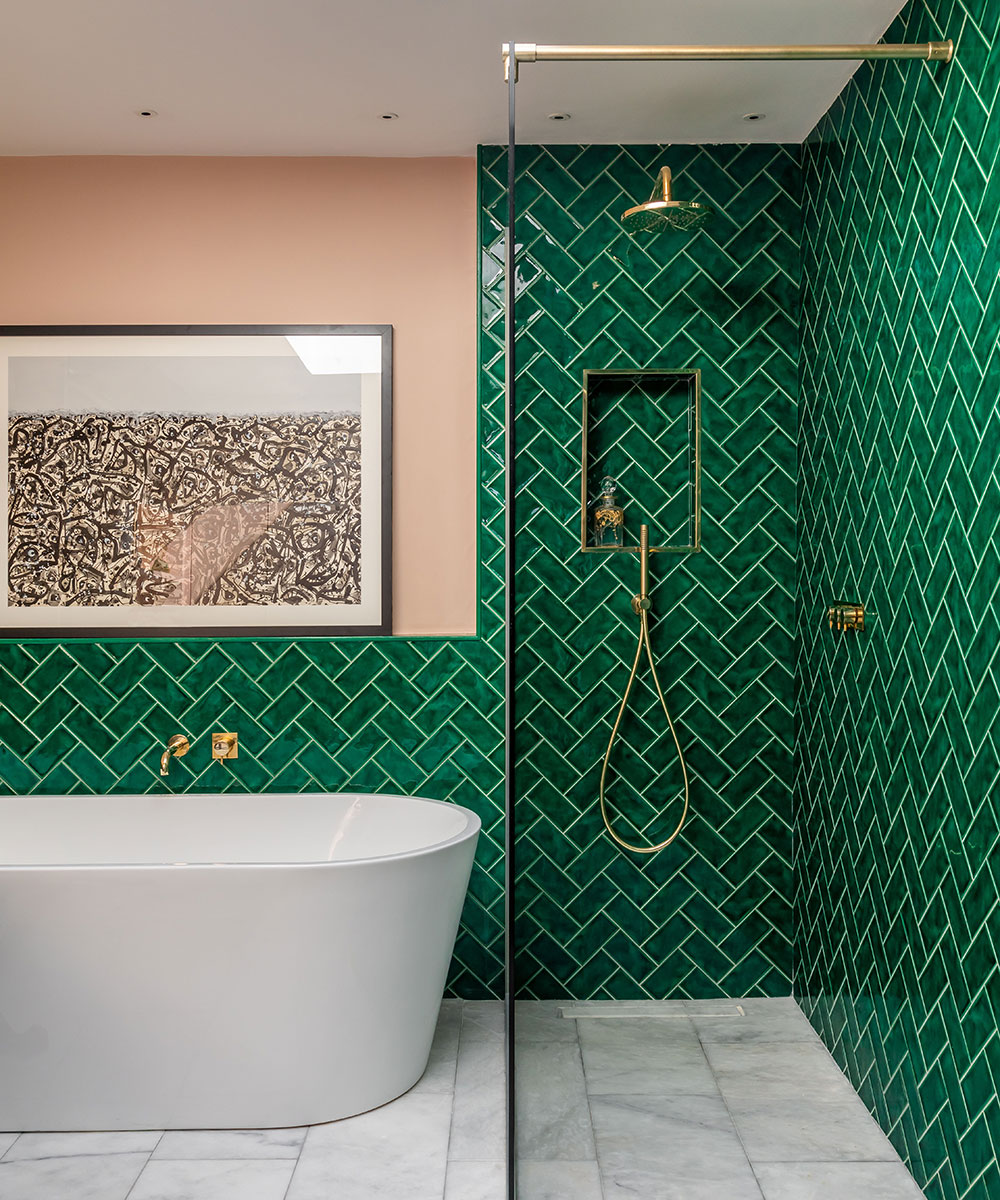
9. USE YOUR SPACE
Rooms need to be used.Make sure you organise your layout so that every room gets used on a semi-regular basis. Rooms that lie empty through non-use will feel cold and unwelcoming and really affect the atmosphere.
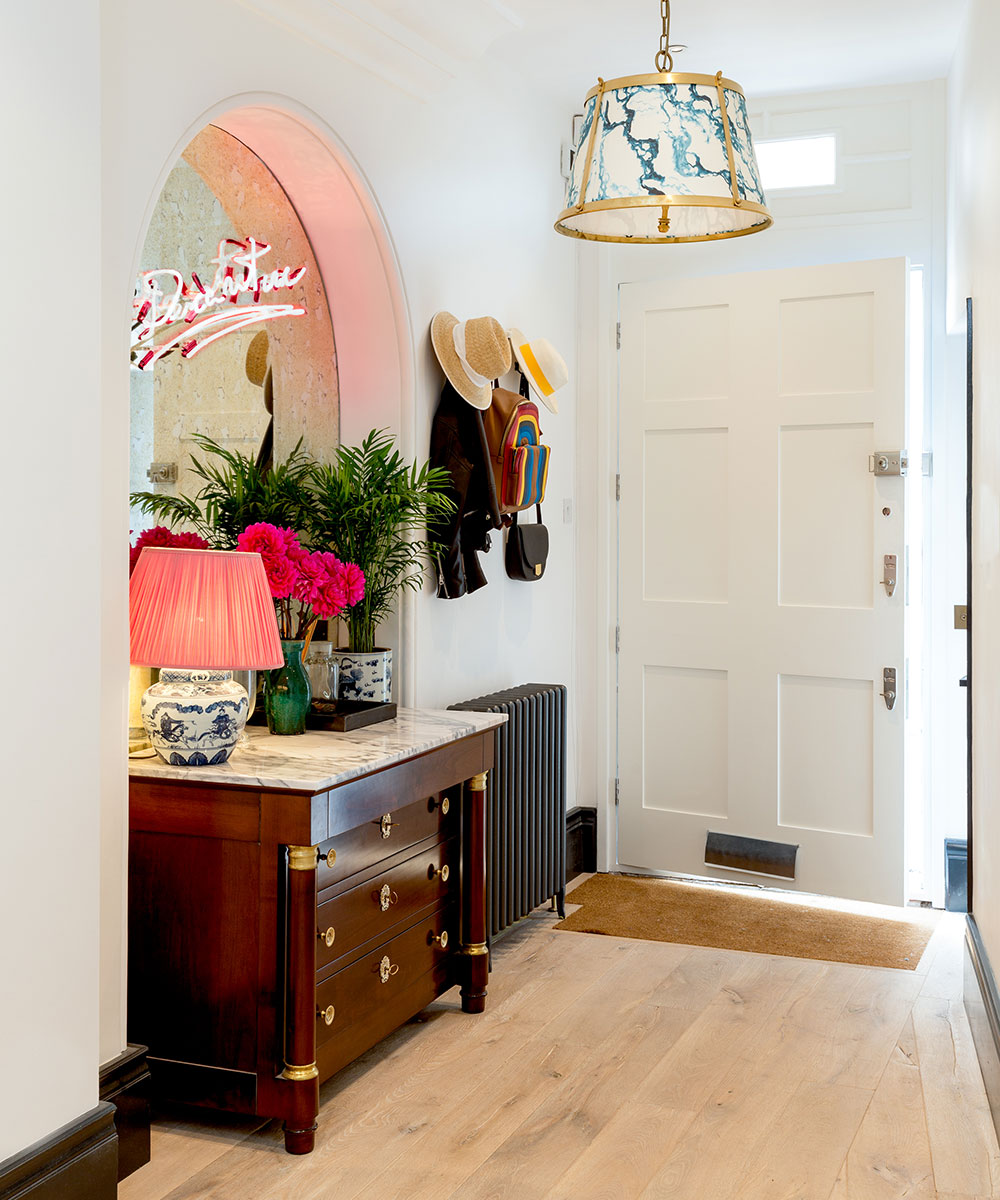
10. MEASURE EVERYTHING
Measure everything twice. I cannot tell you how easy it is to not check sizes of things (even as a professional) and it can be a very expensive avoidable mistake.
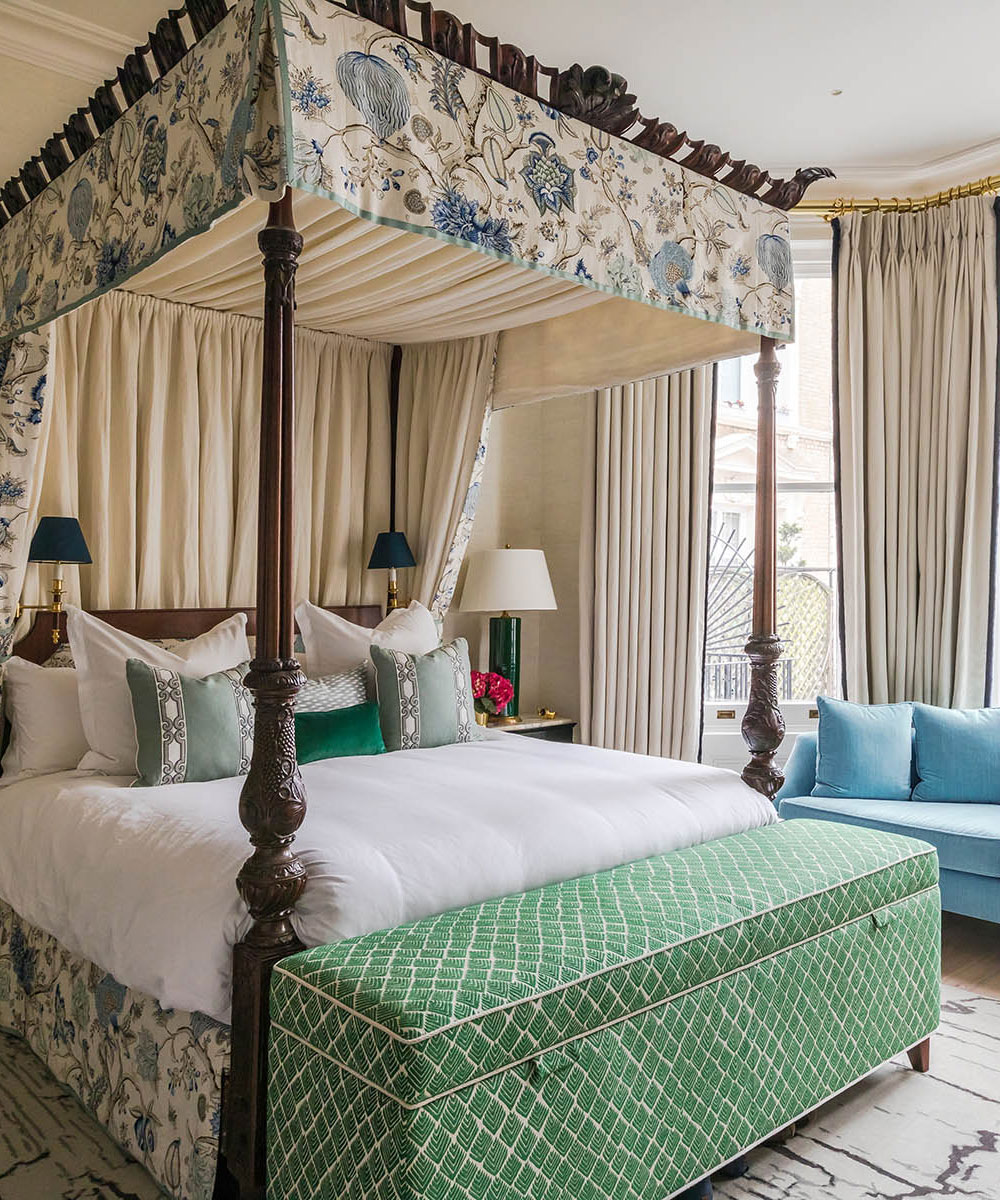

Jennifer is the Digital Editor at Homes & Gardens. Having worked in the interiors industry for several years in both the US and UK, spanning many publications, she now hones her digital prowess on the 'best interiors website' in the world. Multi-skilled, Jennifer has worked in PR and marketing and occasionally dabbles in the social media, commercial, and the e-commerce space. Over the years, she has written about every area of the home, from compiling houses designed by some of the best interior designers in the world to sourcing celebrity homes, reviewing appliances, and even writing a few news stories or two.
-
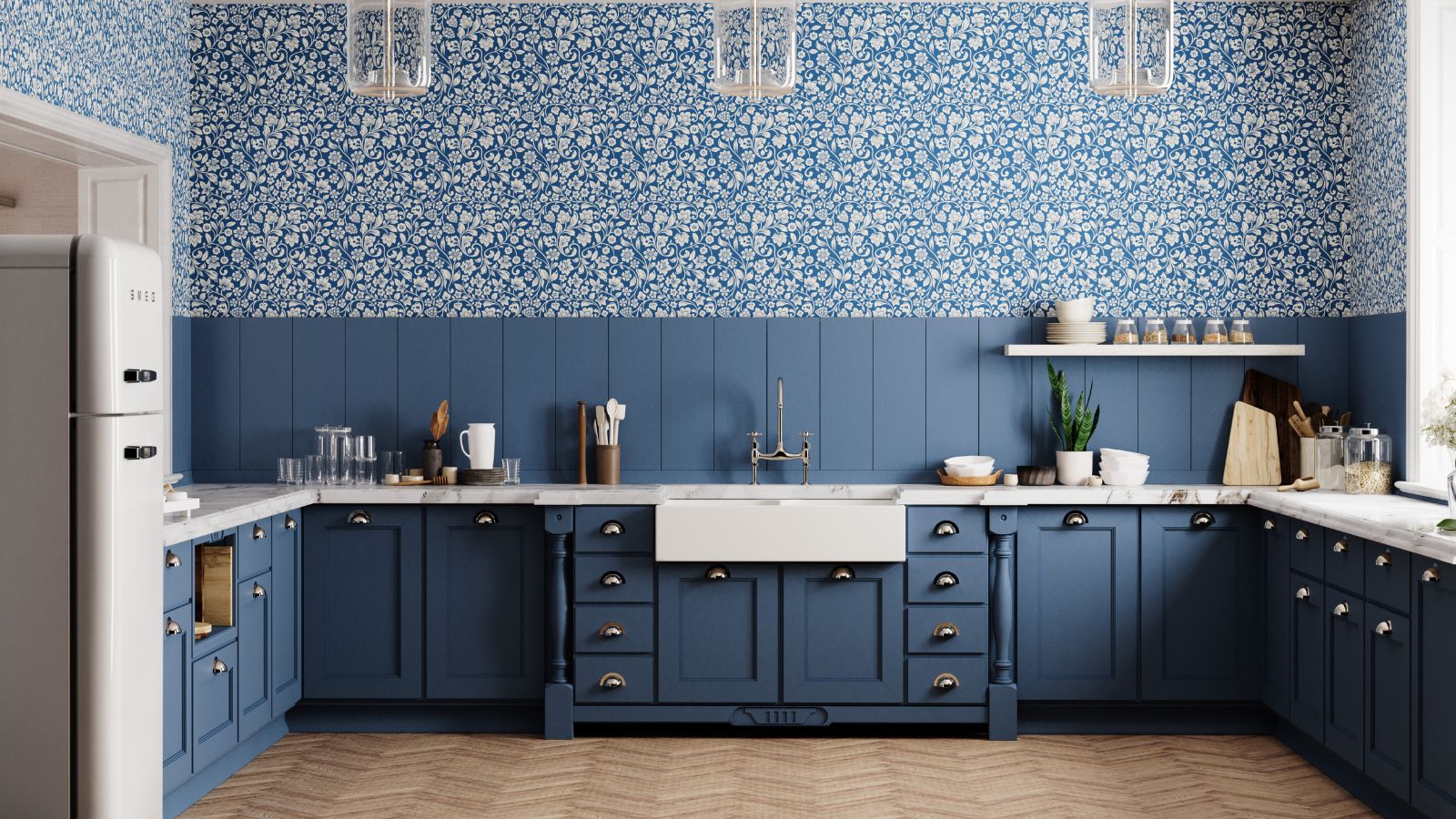 Do cleaning products expire? Professional cleaners warn time could make them ‘less effective, and in some cases, irritating to use’
Do cleaning products expire? Professional cleaners warn time could make them ‘less effective, and in some cases, irritating to use’For the best results, it pays to stay on top of the timeline of your cleaning products
By Chiana Dickson Published
-
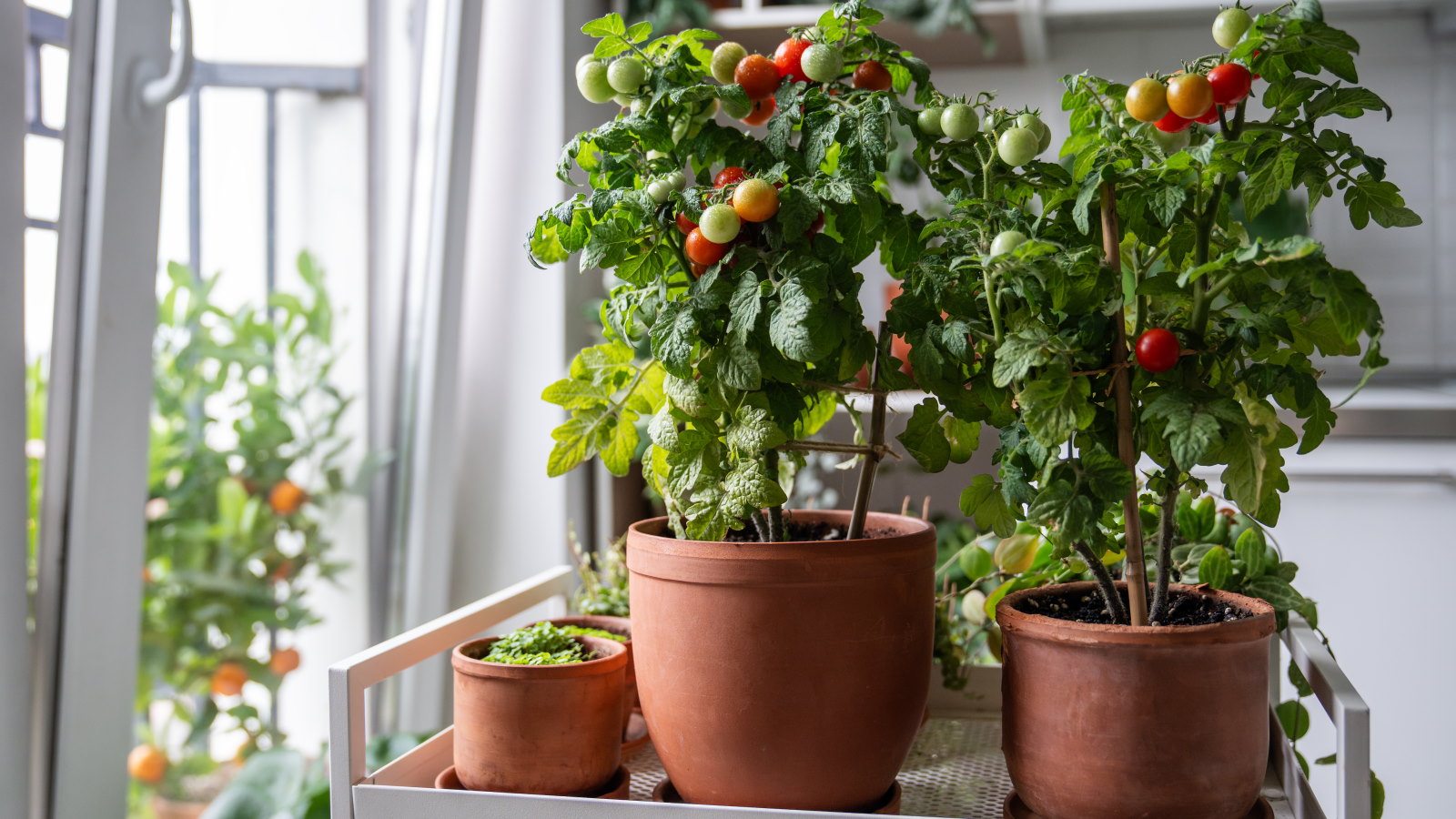 7 of the best tomatoes for growing in pots - expert growers pick their top varieties ideal for large harvests from containers
7 of the best tomatoes for growing in pots - expert growers pick their top varieties ideal for large harvests from containersYou can enjoy bumper homegrown harvests in small spaces
By Drew Swainston Published